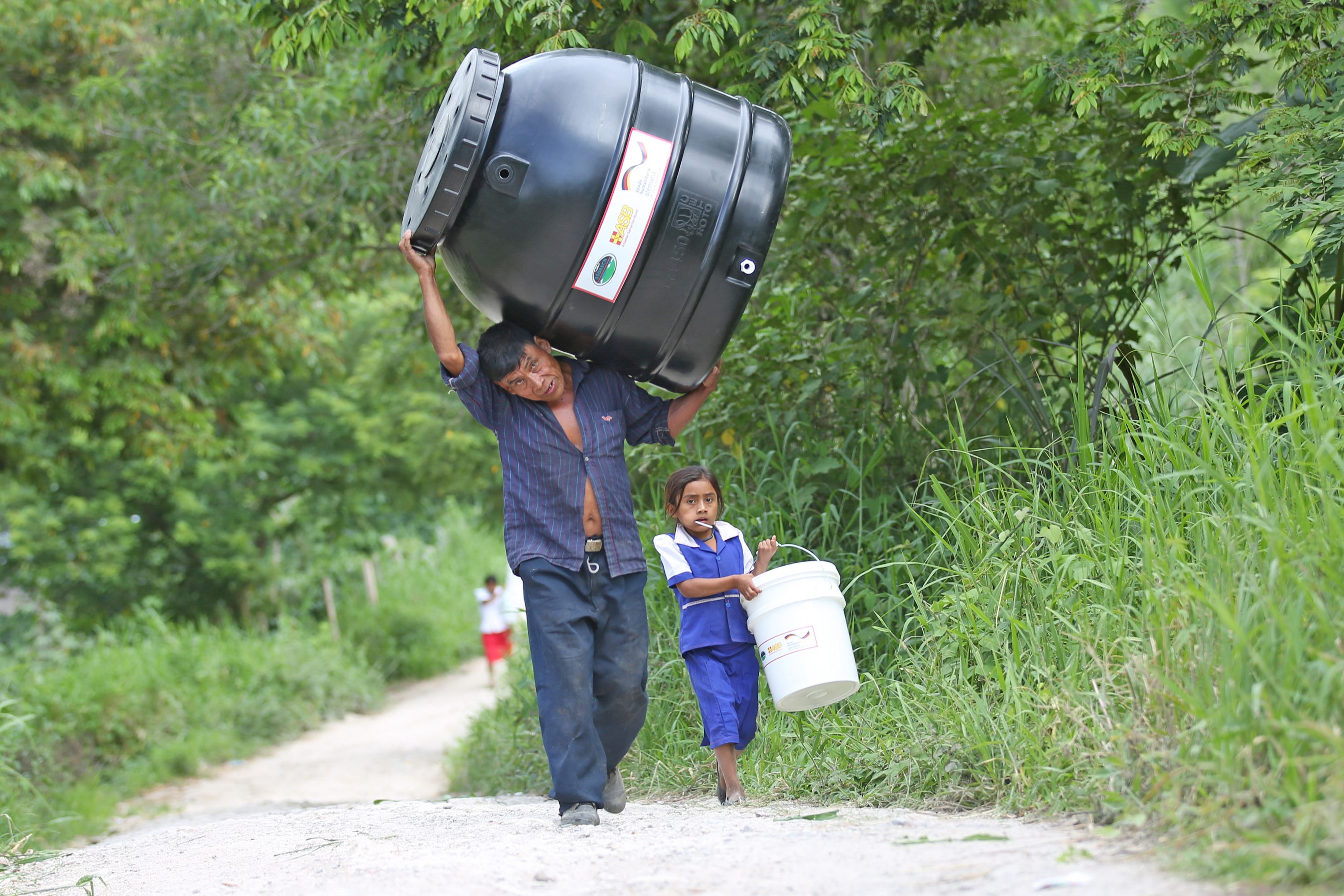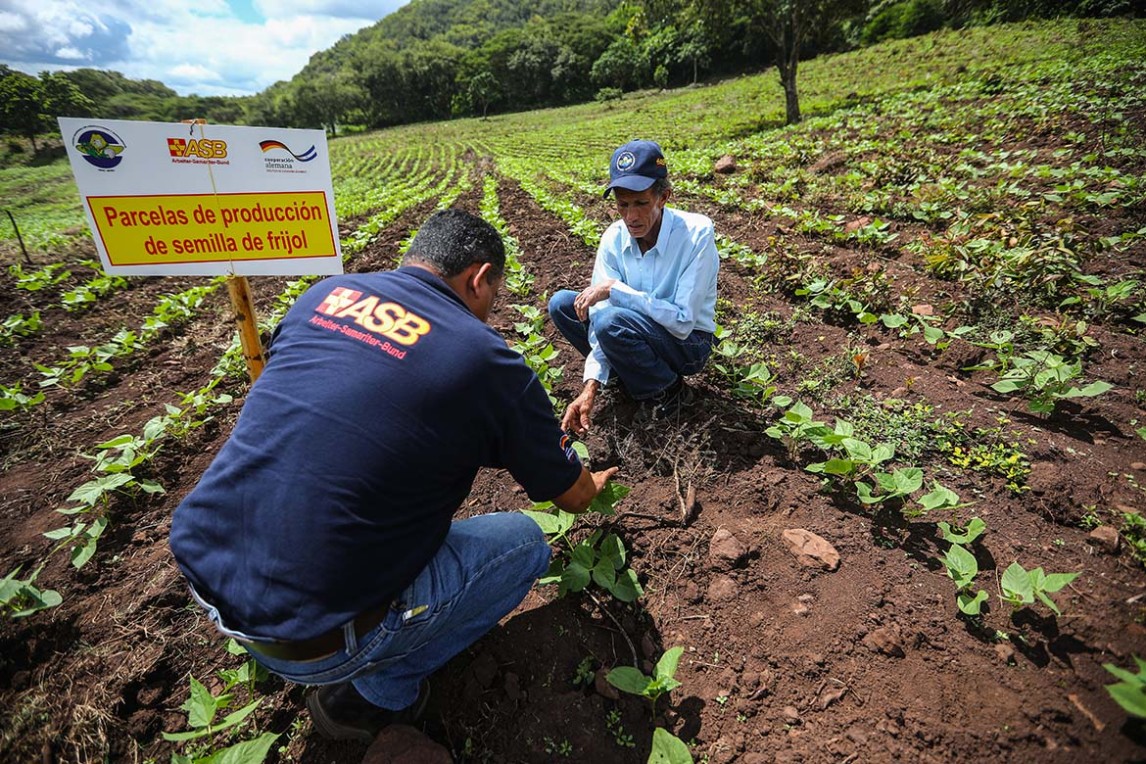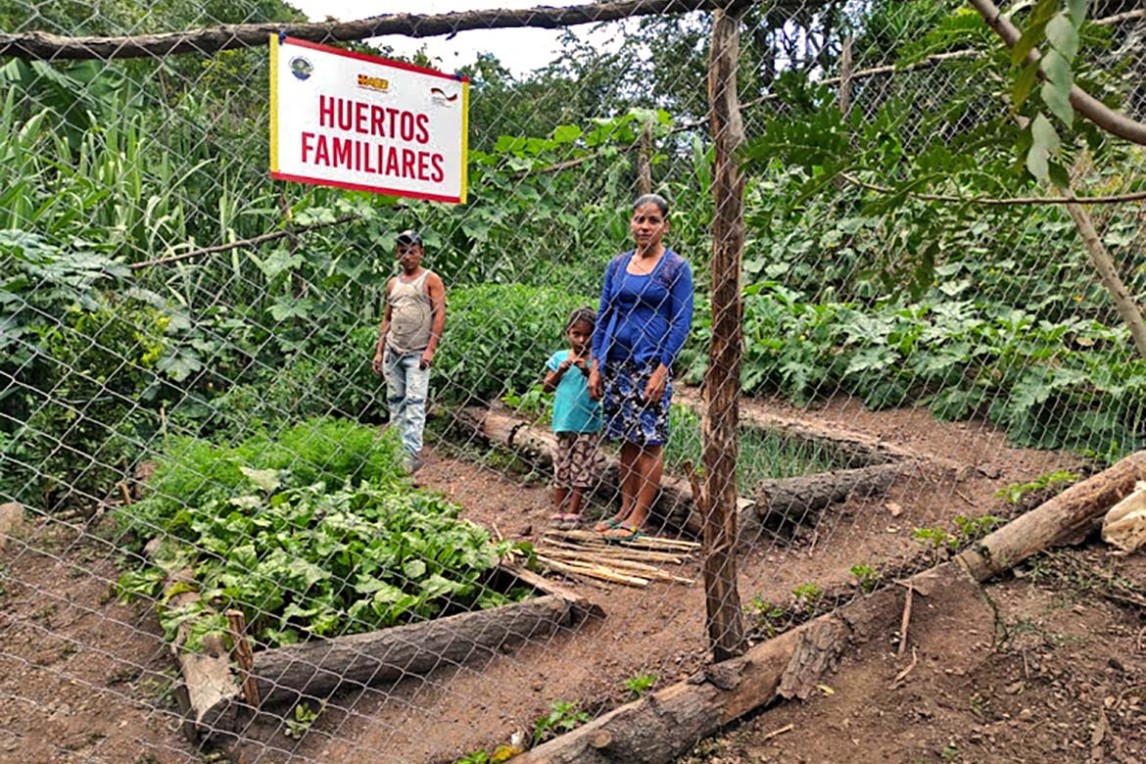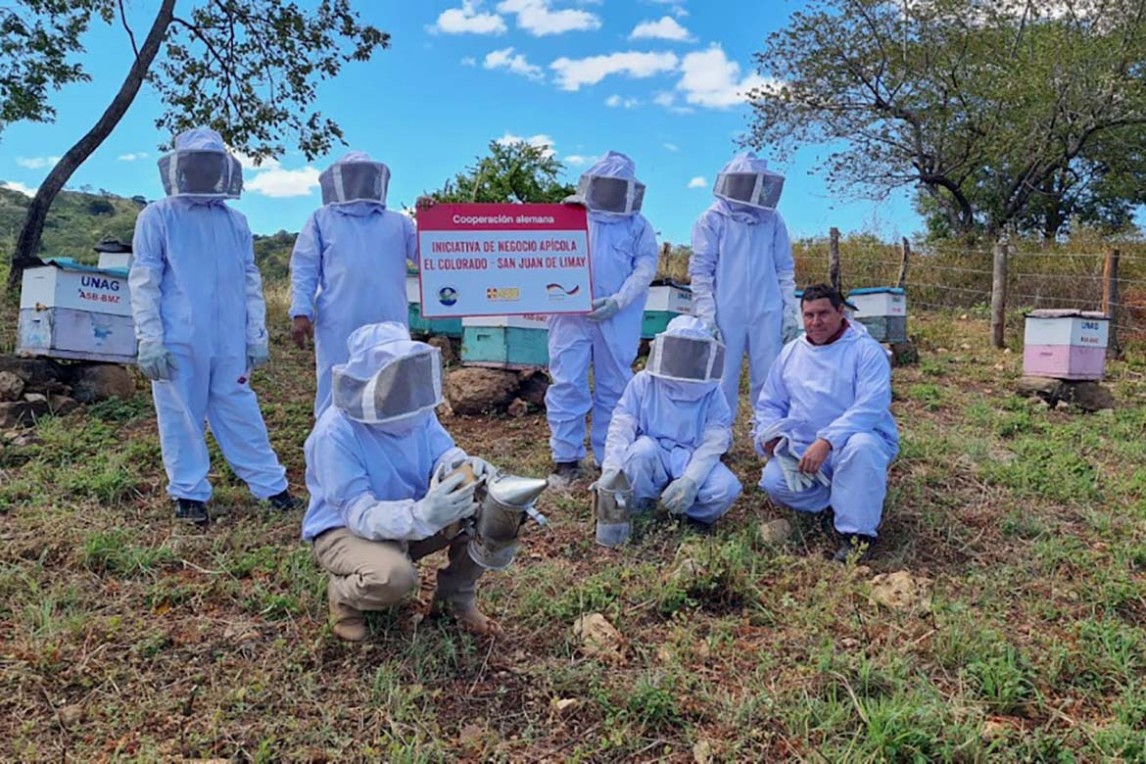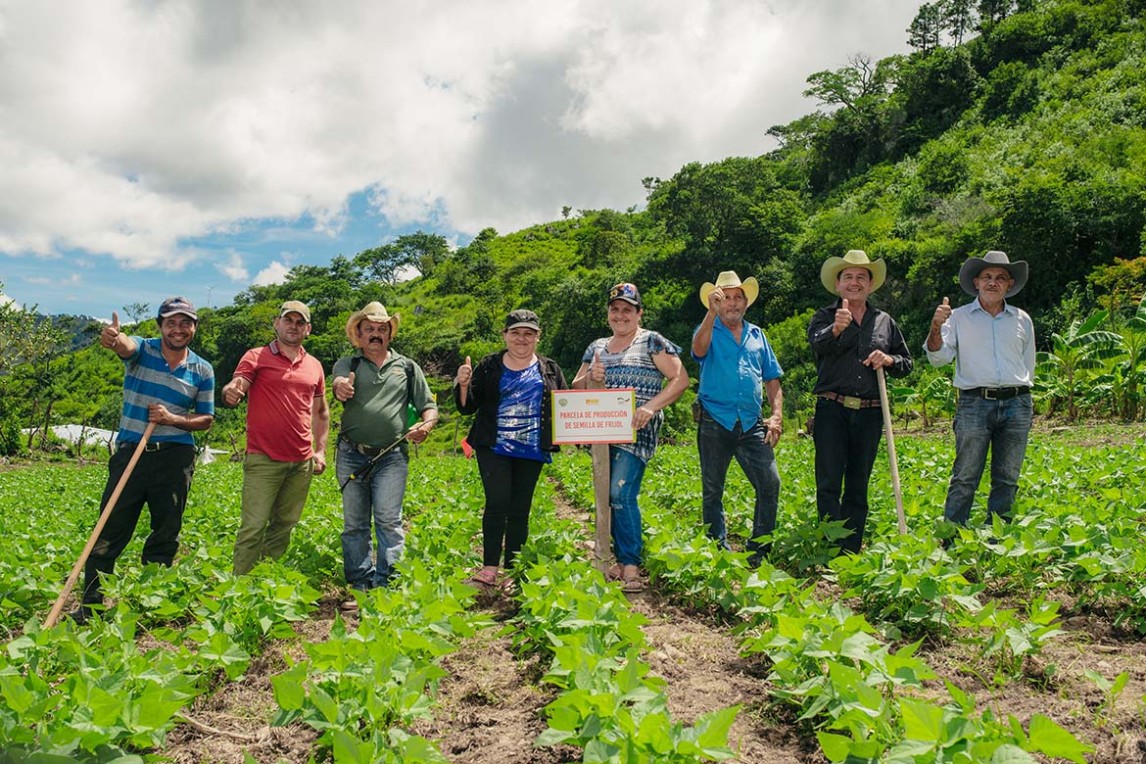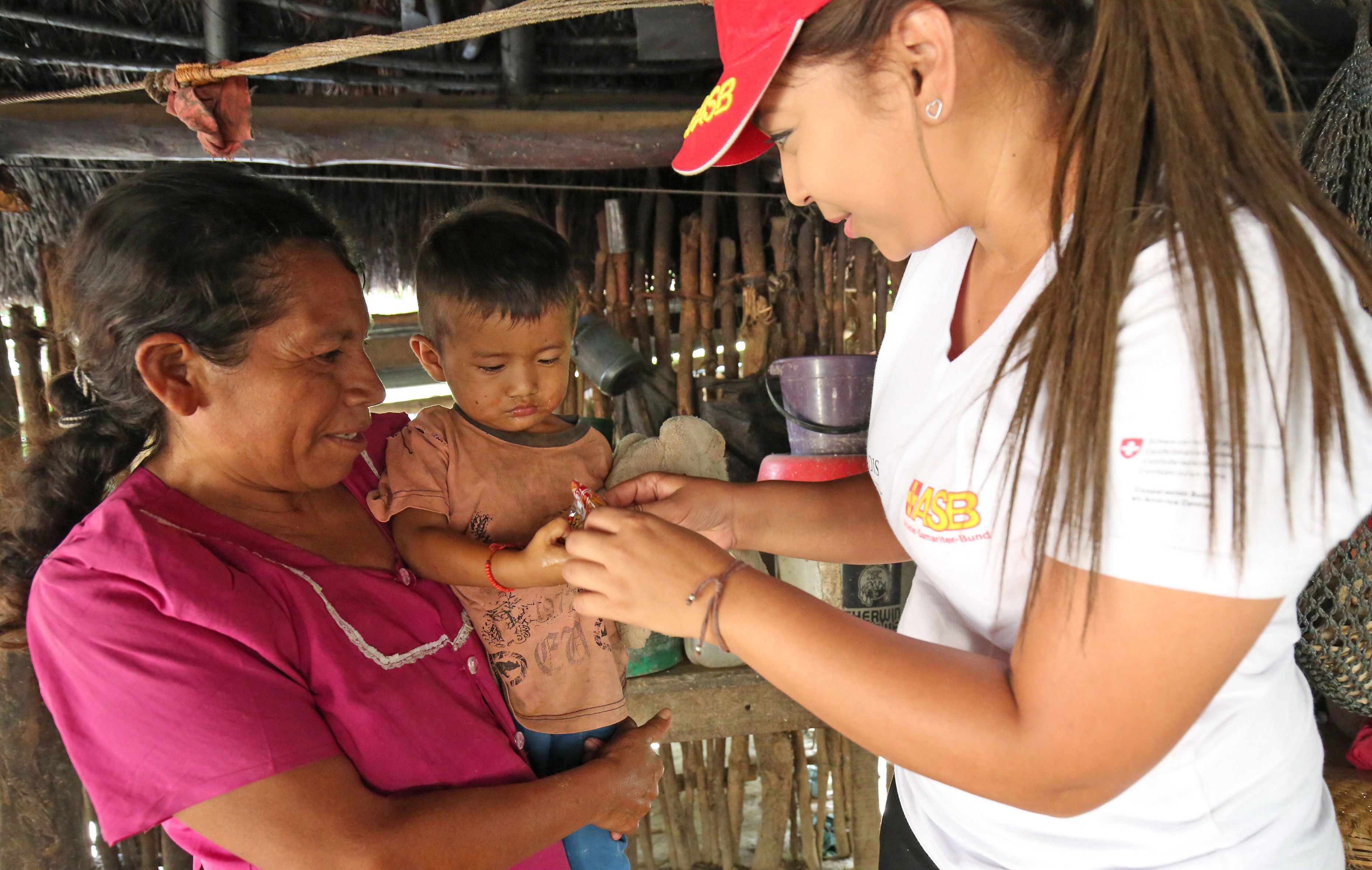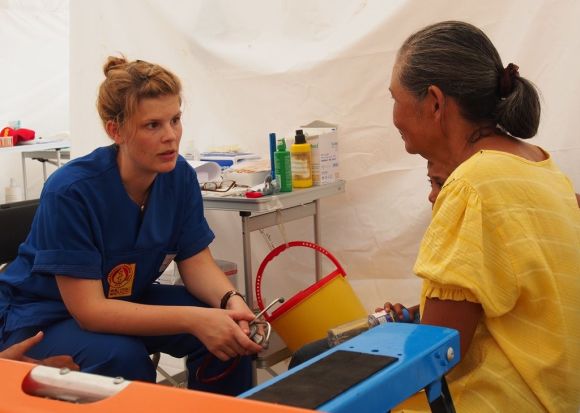-

Project title: Sustainable strengthening of livelihoods and increased income for smallholder families affected by climate change in the dry corridor of Honduras and Nicaragua
-

Project region: Honduras and Nicaragua
-

Project financing: Federal Ministry for Economic Development and Cooperation (BMZ) and own resources of ASB, ADEPES, and UNAG
-

Project volume: € 1,111,111
-

Project duration: 01/12/2020 - 31/03/2024
-

Target group: 3,540 smallholder families
